Timeless Wonders: Iconic Ancient Bridges Still Standing Strong Around the World
Bridges are not just pathways between two points; they are enduring symbols of connection, innovation, and human achievement. Some bridges, through centuries of resilience, have transcended their utilitarian purpose to become iconic landmarks, embodying the cultural, architectural, and engineering prowess of their eras. These timeless structures have not only withstood the test of time but have also become windows into the past, offering a glimpse of the history and brilliance of ancient civilisations. Here are some of the oldest and most iconic bridges from around the world that are still functional today.
Ponte Vecchio, Italy
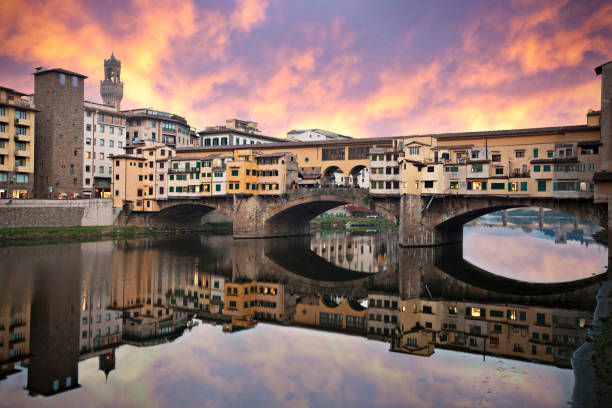
Built in 1345, Ponte Vecchio is a historic gem in Florence, Italy. This medieval stone arch bridge spans the Arno River and is famous for the row of shops built along it—a feature that sets it apart from most other bridges. In its early days, these shops were occupied by butchers, but today, you’ll find jewellers, art dealers, and souvenir sellers, transforming this ancient bridge into a vibrant marketplace. Remarkably, Ponte Vecchio survived World War II and remains one of the most popular tourist destinations in Florence.
Charles Bridge, Czech Republic
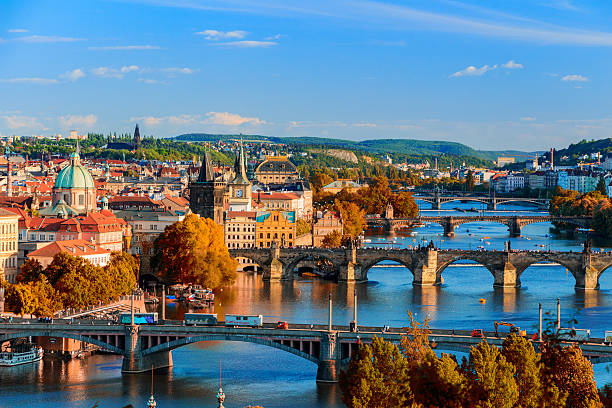
A masterpiece of medieval architecture, Charles Bridge in Prague was completed in 1357 under the reign of King Charles IV. Connecting Prague’s Old Town with Prague Castle, this stone bridge offers spectacular views of the Vltava River and the city’s iconic skyline. Despite floods, wars, and the ravages of time, Charles Bridge stands resilient, attracting thousands of visitors each year to its beautiful statues and picturesque walkways.
Pont du Gard, France
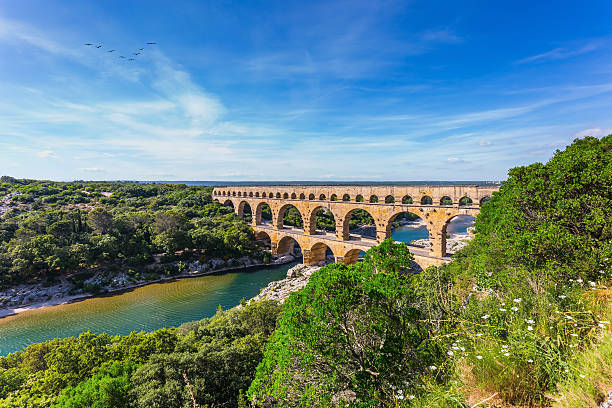
Dating back to the 1st century AD, the Pont du Gard in southern France is one of the finest examples of ancient Roman engineering. This massive aqueduct bridge was originally constructed to transport water to the Roman colony of Nemausus (now Nîmes). The three-tiered stone structure spans the Gardon River and remains an impressive sight, earning its designation as a UNESCO World Heritage Site. Though it no longer serves its original function as an aqueduct, it remains one of the best-preserved Roman architectural wonders.
Rialto Bridge, Italy
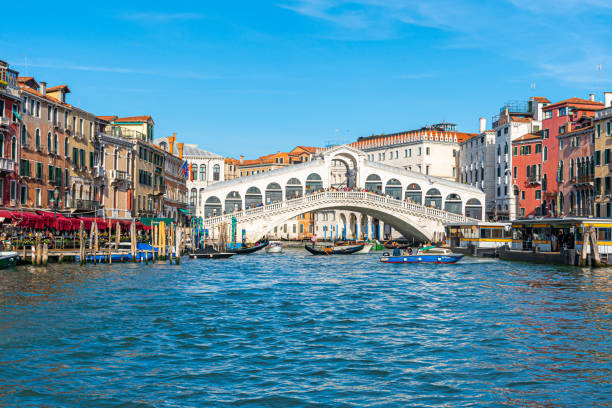
As the oldest of the four bridges crossing Venice’s Grand Canal, the Rialto Bridge is a true architectural marvel. Built in 1591, it replaced a wooden bridge that had collapsed under the weight of Venice’s bustling market activities. This stone arch bridge now serves as one of the city’s most iconic landmarks, with stunning views of the canal and a variety of shops along its span, making it a favourite destination for both tourists and locals.
London Bridge, UK
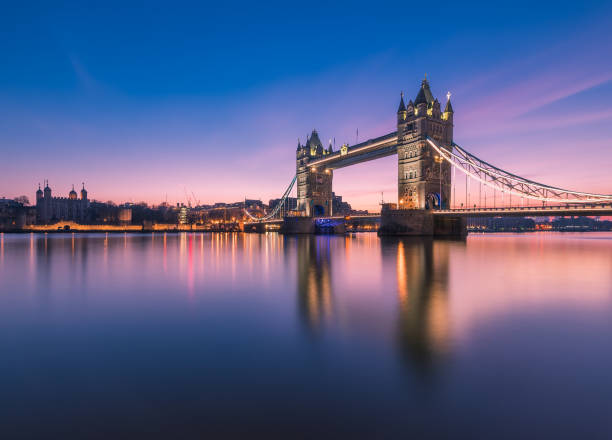
The current London Bridge, completed in 1973, has a storied past that stretches back to Roman times, around 50 AD. The London Bridge is often mistaken for the more ornamental Tower Bridge, but it has its own charm as a vital crossing over the River Thames, connecting central London with Southwark. This bridge also carries with it the legacy of the famous nursery rhyme, “London Bridge is Falling Down,” which is a nod to its eventful history of destruction and rebuilding.
Brooklyn Bridge, USA
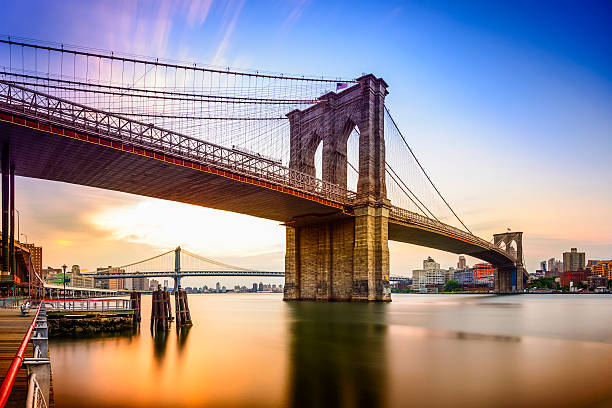
Inaugurated in 1883, the Brooklyn Bridge is a defining feature of New York City. It was the world’s first steel-wire suspension bridge, designed by the visionary engineer John A. Roebling and completed by his son Washington Roebling. Spanning the East River, it connects Manhattan to Brooklyn and remains one of the most photographed landmarks in the city, symbolising the triumph of industrial-age engineering.
Ponte Sant’Angelo, Italy
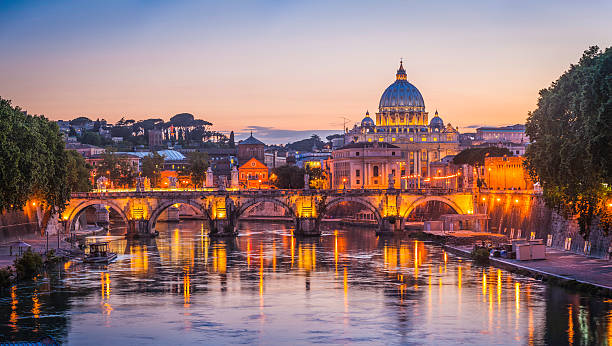
Built in 134 AD, Ponte Sant’Angelo is one of the oldest functioning bridges in the world. Commissioned by Roman Emperor Hadrian, the bridge was constructed to connect the city centre to his mausoleum, which is now the famous Castel Sant’Angelo. Spanning the Tiber River in Rome, this ancient structure still serves pedestrians, offering a breathtaking view of the Eternal City while providing a physical link to its imperial past.
Iron Bridge, UK
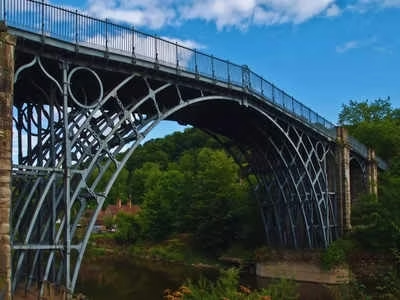
Shropshire’s Iron Bridge, constructed in 1779, holds a special place in history as the world’s first major bridge made entirely of cast iron. This engineering marvel marked the dawn of the Industrial Revolution and set a new standard for bridge construction. Spanning the River Severn, Iron Bridge remains functional as a pedestrian crossing and is celebrated as a UNESCO World Heritage Site, symbolising a turning point in human innovation.
These bridges, still standing and functional, remind us of the ingenuity of past civilizations. They have borne witness to centuries of change, conflict, and progress, yet continue to connect people and places just as they were intended to do. From the Roman aqueducts to medieval stone arches, these engineering marvels serve as enduring symbols of human ambition and craftsmanship.









